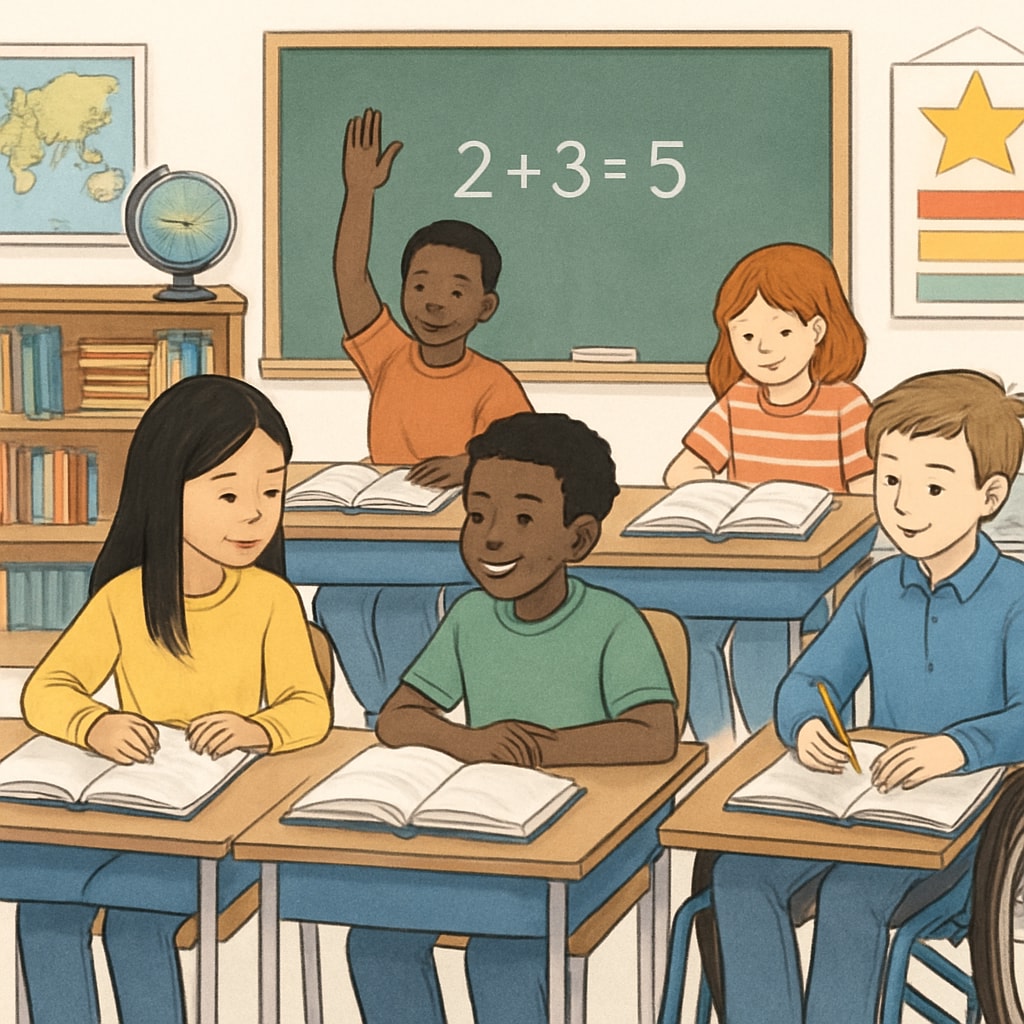Achieving medical dreams despite learning difficulties, family pressures, and unequal educational systems is a daunting challenge for many students. These barriers often hinder the academic progress of individuals with special learning needs during their K12 education journey. However, with a robust support system, tailored interventions, and commitment, they can overcome these challenges and realize their aspirations in medicine.

The Impact of Learning Difficulties in K12 Education
Learning difficulties, such as dyslexia, ADHD (Attention Deficit Hyperactivity Disorder), or other cognitive struggles, pose significant obstacles during the foundational K12 educational years. These challenges frequently result in lower academic performance, reduced confidence, and missed opportunities in accessing advanced educational resources. For students aspiring to enter demanding fields like medicine, these difficulties can seem insurmountable.
Research has shown that early intervention is critical in mitigating the long-term effects of learning difficulties. Programs such as Individualized Education Plans (IEPs) and assistive technologies can empower students to manage their challenges effectively. For example, using tools like text-to-speech software or specialized tutoring services can bridge learning gaps and build essential skills.
To support these students, schools must prioritize inclusivity, ensuring that all students have access to resources tailored to their unique learning needs. As a result, they can confidently pursue their dreams, including entering the medical field.

Family Pressure and the Journey Toward Medical Aspirations
In addition to educational challenges, family pressure often plays a pivotal role in shaping a student’s academic path. Families may have high expectations for children to achieve excellence, particularly in prestigious professions like medicine. While these aspirations can motivate students, they can also create overwhelming stress, especially for those struggling with learning difficulties.
Balancing familial expectations with personal limitations requires open communication and mutual understanding. When families actively participate in recognizing and supporting a child’s unique needs, students are more likely to thrive. For instance, parents can collaborate with educators to develop realistic goals, provide emotional support, and celebrate incremental successes.
Moreover, external support systems such as counseling or mentorship programs can help students navigate this pressure effectively. A trusted mentor or counselor can offer guidance, boost self-esteem, and help students stay focused on their medical dreams despite setbacks.
Building an Equitable Educational System for Aspiring Doctors
An equitable educational system is vital for students with learning difficulties who dream of pursuing medicine. Unfortunately, disparities in educational resources—such as access to specialized tutors, advanced coursework, or diagnostic testing—often widen the gap between privileged and underserved students. Addressing this inequality should be a priority for policymakers and educators alike.
Steps to create equity in education include:
- Implementing universal screening processes for learning difficulties, ensuring early identification and intervention.
- Providing funding for schools to hire specialized educators and counselors focused on supporting students with unique needs.
- Developing partnerships between schools and healthcare organizations to offer affordable diagnostic and therapeutic services.
- Encouraging peer support programs to foster collaboration and empathy among students.
For students aspiring to medicine, equitable access to advanced science courses, laboratory experiences, and mentorship opportunities is essential. Organizations and communities can play a role by offering scholarships, workshops, and internships designed for underrepresented students. These initiatives not only level the playing field but also inspire the next generation of medical professionals.
Achieving Medical Dreams Against All Odds
Pursuing a career in medicine requires resilience, dedication, and a strong support system, especially for students facing learning difficulties and family pressure. Success stories highlight the importance of perseverance and targeted interventions. For example, individuals like Dr. Ben Carson, who overcame early academic struggles to become a renowned neurosurgeon, demonstrate that determination can ultimately triumph over adversity.
As society increasingly recognizes the value of diversity within the medical profession, institutions must strive to support aspiring doctors from all backgrounds. By addressing educational inequities and providing resources for students with learning difficulties, we can nurture a generation of compassionate and skilled medical professionals who understand the importance of overcoming challenges.
Readability guidance: Short paragraphs, organized lists, and concise language ensure accessibility for diverse readers. By limiting passive voice and emphasizing active phrasing, the content remains engaging and clear.


